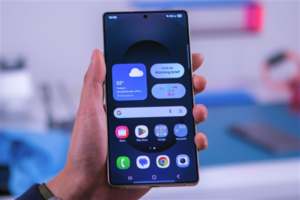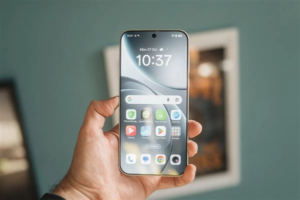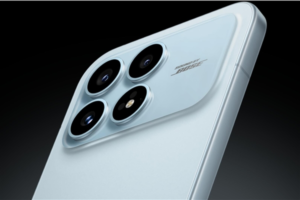Apple’s self-developed Wi-Fi 7 chip: iPhone 17 will be the first to be equipped with it

Apple analyst Ming-Chi Kuo said that next year at least one iPhone 17 series model will be equipped with Apple’s self-developed Wi-Fi 7 chip.
Currently, almost all of Apple’s iPhone models are equipped with Wi-Fi chips supplied by Broadcom, which ships more than 300 million Wi-Fi + Bluetooth chips to Apple every year.
But Apple has begun to reduce its dependence on Broadcom. Starting next year, Apple will use its self-developed Wi-Fi chip, which is manufactured using TSMC’s 7nm process. Apple plans to use its self-developed Wi-Fi chips in all its products within three years to reduce costs.
Compared with Wi-Fi 6, the maximum transmission speed of Wi-Fi 7 can reach 46Gbps, which is nearly five times that of Wi-Fi 6.
Wi-Fi 7 will support more frequency bands, including 2.4GHz, 5GHz, and 6GHz. Prior to this, Wi-Fi 6 supported the 2.4GHz and 5GHz frequency bands, and Wi-Fi 6E supported the 6GHz frequency band (Wi-Fi devices are backward compatible).
However, due to the frequency band allocation in different regions, the 6GHz band supported by Wi-Fi 7 will be different in different regions. For example, the United States, South Korea, and Brazil allocate the entire 6GHz band (5.925-7.125GHz) to Wi-Fi 6E and Wi-Fi 7.
In addition, Apple’s self-developed 5G baseband chip will soon be commercially available. The iPhone SE 4 in the first half of next year and the iPhone 17 Air in the second half of the year will use Apple’s self-developed 5G baseband.
Public information shows that in 2019, Apple spent US$1 billion to acquire Intel’s mobile baseband chip division, obtaining more than 17,000 patents and more than 2,200 employees. In the following years, Apple has been trying to develop its own 5G baseband chips to replace Qualcomm’s 5G baseband chips.
Chris Caso, an analyst at research firm Wolfe Research, once released a research report stating that Apple will introduce its self-developed 5G baseband chip in the iPhone 17 series to be launched in 2025, which is expected to cause Apple’s revenue contribution to Qualcomm to decrease by 35% year-on-year, and is expected to decrease again by 35% in 2026.


Kazam is Focused on creating and reporting timely content in technology with a special focus on mobile phone technology. Kazam reports, analyzes, and reviews recent trends, news and rumors in mobile phone technology and provides the best possible insights to enhance your experience and knowledge.













